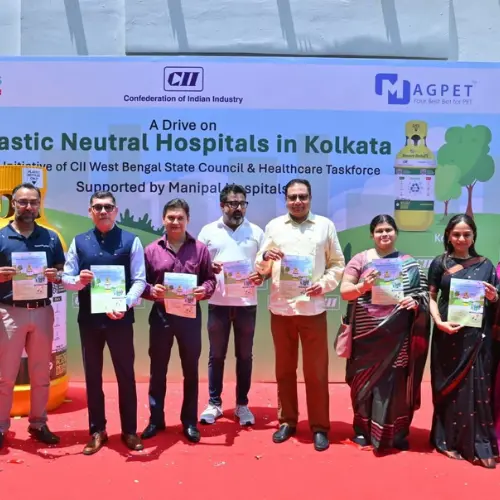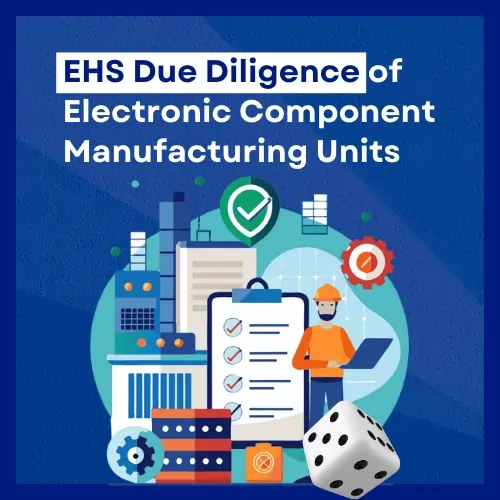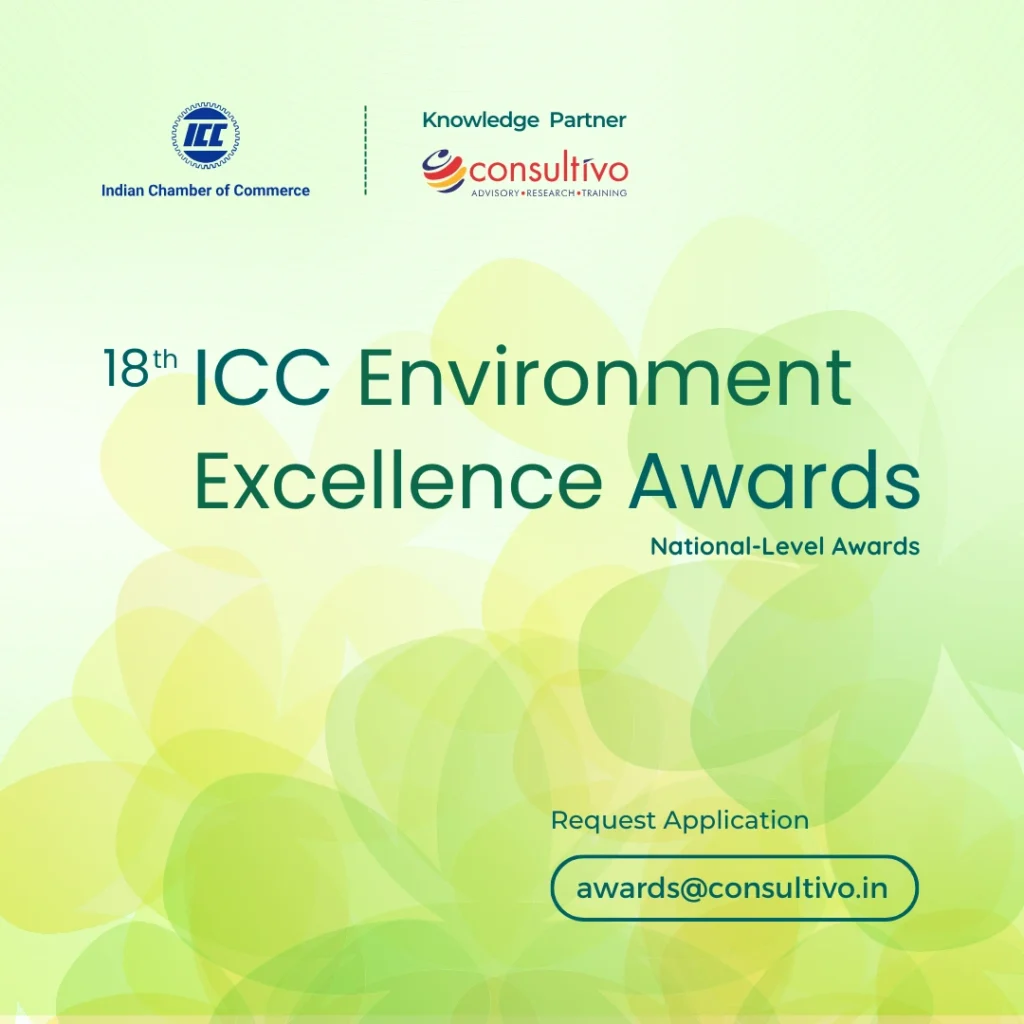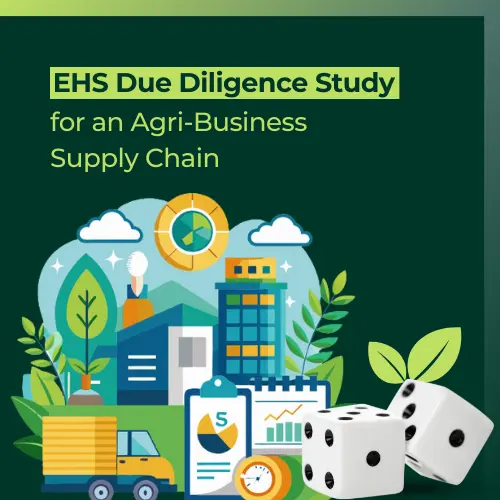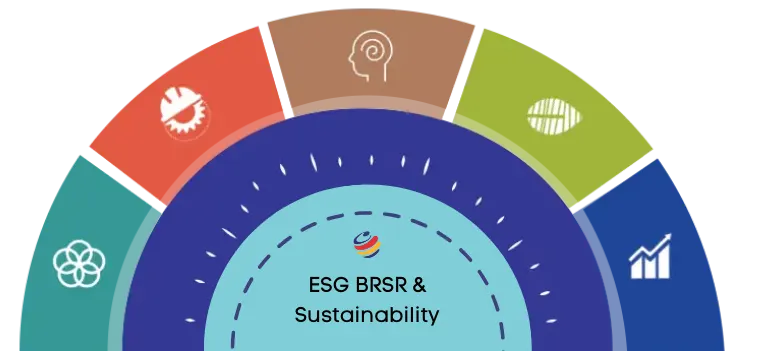Water Footprint
Independent Evaluation of your impact!
IFC (World Bank Group) Approved Independent Consultant







1000+
consulting and audit assignments
Ready to serve anywhere you are
Across the continents
14+ years
at the forefront of Environmental Advisory Space
20+ types of Industry Sectors
Covering Manufacturing, Mining, Agri-Business, Power & Utility, Warehouse, Construction, Services, FMCG, Logistics and Many More.
Apply Water Footprint Assessment to a product, facility or to your entire company.
Water Footprint or Water Footprinting Assessment helps you to understand the quantitative approach of your water consumption pattern be it for your product or the organisation as a whole. Consultivo being a leading Water Footprint Consultant in India, offers complete end-to-end water sustainability solutions.
Water being one of the key resources being used, understanding the water overall consumption pattern is a key component of managing sustainability impacts on your business.
It helps you to understand:
- How and where water is being used in your operations and product life cycle
- What risks and opportunities may result from water scarcity, now and in the future
- Establish and prioritize opportunities to establish the basis for decisions
- Information for more reliable and extensive database for the creation of water conservation policy
Water Resource Footprint Assessment provides a sound foundation of quantitative analysis. This can be used to develop a comprehensive water strategy and become a water steward.
We offer customized footprinting services and water audit project of your water consumption depending on your needs. Let’s talk through your needs.
Solutions - How Consultivo can help
Remote Support
On-Site Support
Blended Support - Remote & On-site
Water Sustainability Solutions
Consultivo being one of the practicing Environmental Consultants and Water Footprint consultant in India, follows an integrated approach to water resources and satisfy socio-economic, environmental, sustainability and multi-sectoral water demands.
The types of Water Resource Footprints
- Green water footprint
- Blue water footprint
- Grey water footprint
Footprint Assessment as a Framework for Corporate Water Sustainability
Water Resource Footprint Assessment Framework
- Setting goals and scope
- Water accounting
- Sustainability assessment
- Response formulation
Water Resource Footprint Assessment can be embedded in Integrated Water Resources Management and support the development of policies that drive towards sustainable allocation and use of freshwater resources. It can contribute to the identification of water risks in a company’s operations and supply chain, and help a company to develop good water stewardship practice.
Water savings can be achieved in industries through a combination of process improvement, process modification, changing use profile, modification of replacement of equipment, the introduction of measurement & monitoring devises and many other means. The ultimate target is to reduce overall water consumption and increase internal reuse and enhance the recharging process.
To optimise water and minimise costs, it is important to assess current water use and set goals. Reducing industrial water consumption is a means of addressing the global water crisis and supports the achievement of Sustainable Development Goals (SDG)
REDUCE | REUSE | RECYCLE
Reduce: Employ new processes and change behaviour to reduce water consumption in our plants whilst achieving the same high quality of the product.
Reuse: Collect wastewater streams within facilities and re-use appropriately.
Recycle: Investigate & employ new technologies to recycle later for appropriate use within the plant.
We work with 100+ Global Sustainability Standards
and developed a number of Codes & Standards on Environmental Protection, Safety, Social Accountability & Business Ethics. Extensive and decade long Sustainability Advisory exposures helped us to gather more experiences on National/International Codes, Standards and legal requirements.

Let's discuss

Featured Insights
Curiosity Zone

Some more answers to your questions – FAQ
What is Water Footprint or Water Footprinting?
The water footprint with respect to organisation and business is the amount of water used (consumed and polluted) to produce each unit of the goods and services they offer.
It can be measured for a single process, such as growing sugarcane or making sugar, for a product, such as a bottle of fruit juice, or for an entire organisation in totality.
In a broader perspective, the footprint can also depict how much water is being consumed by a particular country or region or across the globe.
The concept of foot printing of water was developed to improve water management at the global level. Be it of individual, community or business, foot print is an indicator of water load on the environment by a business.
There are various types of water footprint assessment which includes Product Footprint, Organisational Footprint etc.
Consultivo being one of the practicing Water Footprint Consultants in India, helps organisations to apply Water Footprint Assessment to a product, facility or to the entire company.
Consultivo provides complete range of Environmental Consulting solutions in India and around the world, that include Carbon Accounting, Water Audit Project, Environmental Compliance Audits, Energy Audit and Management, EHS Auditing, Environmental Due Diligence Auditing and many more.
What is Company Water stewardship?
Organisations worldwide are recognising that water is an essential ingredient in their business operations. Lack of access to sufficient water quantities or quality poses a material risk to a growing number of companies.
Water stewardship is a way an organisation can manage the complexities of balancing their own water use with the needs of society, communities and natural habitats.
Good water stewards understand their own water use, catchment context and shared risk in terms of water governance, water balance, water quality and important water-related areas.
They engage in planned and meaningful actions that improve the situation.
Becoming a water steward allows companies to understand all their water related risks – physical, reputational, financial and regulatory. Thus, they are able to plan and implement strategies to minimise those risks and promote the business’s long-term sustainability.
Consultivo being one of the practicing Water Footprint Consultants in India, helps organisations to promote water stewardship.
Find more on Water Audit | Environmental Consultants
How Water Footprint Or Water Footprinting Assessment Helps You?
Water Footprint or Water Footprinting Assessment helps you to understand the quantitative approach of your water consumption pattern – be it for your product or the organisation as a whole.
Consultivo being a leading Water Footprint Consultant in India, offers complete end-to-end water sustainability solutions.
Water being one of the key resources being used, understanding the water overall consumption pattern is a key component of managing sustainability impacts on your business.
It helps you to understand:
- How and where water is being used in your operations and product life cycle
- What risks and opportunities may result from water scarcity, now and in the future
- Establish and prioritize opportunities to establish the basis for decisions
Information for more reliable and extensive database for the creation of water conservation policy
Water Resource Footprint Assessment provides a sound foundation of quantitative analysis. This can be used to develop a comprehensive water strategy and become a water steward.
GLOBAL Experience



